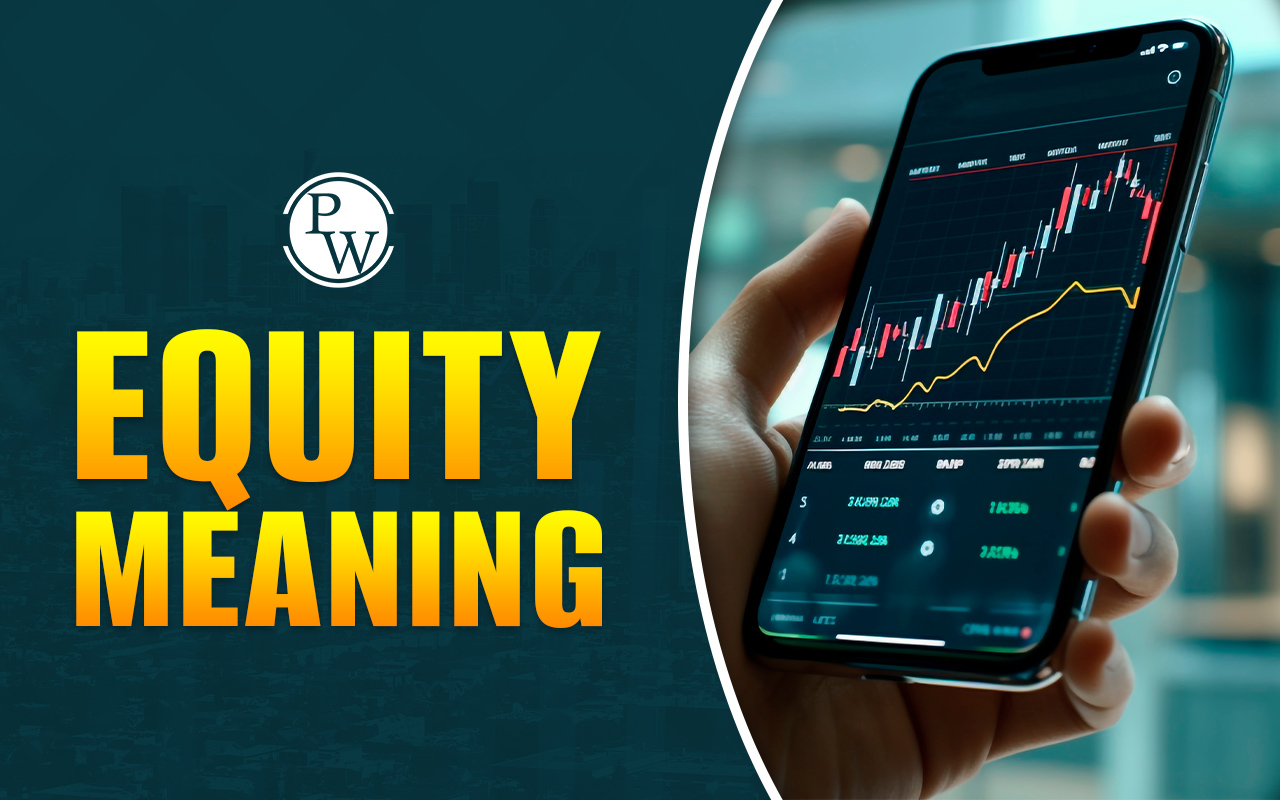
In the world of finance, bookkeeping and accounting are often thought to mean the same thing, but they are actually quite different. Bookkeeping focuses on recording daily financial transactions like sales, purchases, and payments. On the other hand, accounting involves analyzing, organizing, interpreting, and reporting that financial data to help make business decisions.
If you’ve ever asked yourself, “Is accounting and bookkeeping the same thing?,” this article will clear the fog for you. Here, we’ll explore each role individually and then compare them to help you decide what suits your business or career best.
What is Accounting?
Accounting is the process of recording, analyzing, summarizing, and interpreting financial data to provide insights and reports that guide strategic decisions. Accountants go beyond numbers, they tell the story behind the numbers.
They prepare financial statements, conduct audits, forecast budgets, and ensure compliance with tax laws. The role of bookkeeper vs accountant becomes clearer when you consider that accountants transform data into actionable intelligence.
Becoming an accountant often requires a formal education, such as a bachelor's degree in finance or accounting, and in many cases, additional certifications like CPA (Certified Public Accountant). Accountants not only support the business in staying compliant but also in growing and scaling with sound financial decisions. Simply put, while bookkeepers handle the details, accountants interpret the meaning behind them.
Read More - Accounting vs Auditing: What's the Difference?
What is Bookkeeping?
Bookkeeping is the backbone of financial data, it’s where everything begins. Bookkeepers are responsible for recording day-to-day financial transactions, such as purchases, receipts, sales, and payments.
They manage ledgers, reconcile bank statements, and maintain consistent financial records. If you’re wondering about the relationship between accounting and bookkeeping, think of bookkeepers as the ones who keep the puzzle pieces in place.
You don’t necessarily need a degree to become a bookkeeper. Many start with a high school diploma or an associate’s degree and gain hands-on experience over time. Bookkeeping can be an excellent entry point into the finance field, often leading to roles in accounting later on. Despite its foundational nature, it demands high attention to detail and accuracy, as errors here can snowball into bigger issues for accountants down the line.
Accounting Vs Bookkeeping
Before diving deep into technicalities, check the table below for the differences between bookkeeping and accounting.
|
Accounting Vs Bookkeeping |
||
|
Basis |
Bookkeeping |
Accounting |
|
Focus |
Daily transaction recording |
Financial analysis and interpretation |
|
Objective |
Maintain accurate records |
Provide business insights |
|
Role |
Clerical and administrative |
Analytical and strategic |
|
Education Required |
High school or associate's degree |
Bachelor's degree, CPA optional |
|
Tools Used |
Ledgers, spreadsheets, basic software |
Financial modeling tools, ERP systems |
|
Decision-Making |
Not involved |
Heavily involved |
|
Compliance Responsibility |
Low |
High |
|
Career Growth |
Moderate |
High potential |
Roles of a Bookkeeper
A bookkeeper ensures that all financial documents are correct, current, and prepared for auditors or accountants.
- Keeping track of everyday financial activities, including purchases, sales, receipts, and payments.
- Keeping accurate journals and ledgers.
- Bank statement reconciliation.
- Invoicing and monitoring accounts receivable and payable.
- Keeping track of costs and financial flow.
- Payroll processing assistance.
- Creating basic financial reports for management.
Roles of an Accountant
An accountant examines financial data to promote compliance and corporate success, along with maintaining accuracy. The following are an accountant's primary responsibilities:
- Creating and evaluating financial statements, including cash flow, profit and loss, and balance sheet.
- Filing taxes and making sure tax rules are followed.
- Coordinating financial planning, forecasting, and budgeting.
- Conducting audits and ensuring financial correctness.
- Supplying information to increase profitability and reduce costs.
- Managing and examining the records of bookkeepers.
- Advising management on financial matters and risk management.
Career Opportunities in Bookkeeping
Bookkeeping provides stable job prospects in any number of sectors, including finance, accounting, and even entrepreneurship. The primary paths to career in bookkeeping are as follows:
Junior Bookkeeper - An entry-level position that manages daily transaction entries.
Accounts Assistant - Assists accountants with reconciliations, invoicing, and payroll.
Payroll Clerk - Highly skilled in salary processing and mandatory deductions.
Accounts Payable/Receivable Clerk - Responsible for vendor payments and customer collections.
Full-Charge Bookkeeper: Managing small businesses' whole bookkeeping on their own.
Accounting Clerk - Maintains and organizes financial records in bigger corporations.
Tax Assistant: Helping with the filing and preparation of taxes.
Remote/Freelance Bookkeeper: Providing bookkeeping services to several companies.
Bookkeeping Manager - Supervising a staff of bookkeepers in a larger company.
Pathway to Accountant: Gaining experience and pursuing more education will lead to positions in accounting.
Difference Between Accounting and Bookkeeping
The difference between accounting and bookkeeping is nuanced, but critical for both businesses and aspiring professionals. Both roles require working with financial data, but their purposes, methods, and outcomes are vastly different.
Purpose and Scope
Bookkeeping is transactional and procedural. Its main purpose is to ensure that every financial activity, no matter how small, is recorded systematically and accurately. It acts as a foundation, offering raw data that is later interpreted by accountants.
Accounting, on the other hand, interprets that raw data to make decisions. It involves compiling the information collected through bookkeeping, then analyzing, summarizing, and reporting it to help with financial planning, tax filing, and audits.
Required Skills and Education
Bookkeepers need to have excellent attention to detail, a good grasp of basic accounting principles, and proficiency in bookkeeping software. While formal education isn't mandatory, certification can help.
Accountants typically need formal education, including a degree in accounting or finance. Strong analytical skills, knowledge of taxation laws, and experience with high-level accounting software are essential.
Read More - Limitations of Accounting: Challenges and Ways to Overcome Them
Tools and Technology
Bookkeepers often use spreadsheets or other basic financial software to record daily transactions. Accountants use more advanced tools like financial modeling systems to analyze and present the data in reports.
Compliance and Reporting
The role of bookkeeper vs accountant becomes evident in compliance matters. Accountants are legally required to ensure that financial reports follow government regulations and tax standards. Bookkeepers are generally not responsible for such tasks.
Decision-Making Impact
While bookkeepers ensure the data is accurate, accountants take that data and use it to make high-level business decisions. Whether it’s advising a company on a merger, forecasting financial trends, or creating tax-saving strategies, accountants play a more influential role.
Career Growth and Opportunities
Bookkeeping offers a stable and structured job with a decent salary. However, due to increasing automation, the demand is expected to decline. Accounting, meanwhile, offers a broader career path, public accounting, internal auditing, forensic accounting, and financial consulting.
Many bookkeepers transition to accounting roles after gaining experience and additional education, which highlights the natural connection between accounting and bookkeeping as a progressive career path.
Make Finance Career with the PW Certificate Program
PW Certificate Program in Finance, Tax, and Accounting is designed to help you master both the foundational and advanced aspects of financial management.
With real-world case studies, dedicated mentorship, and flexible learning options, the PW Certificate Program in Finance, Tax, and Accounting equips you with the skills and confidence to step into your dream role, be it as a bookkeeper or an accountant.
FAQ
What is the key difference between bookkeeping and accounting?
Can a bookkeeper become an accountant?
Is accounting and bookkeeping the same thing?
Which has a better salary, bookkeeper or accountant?
Do small businesses need both a bookkeeper and an accountant?










